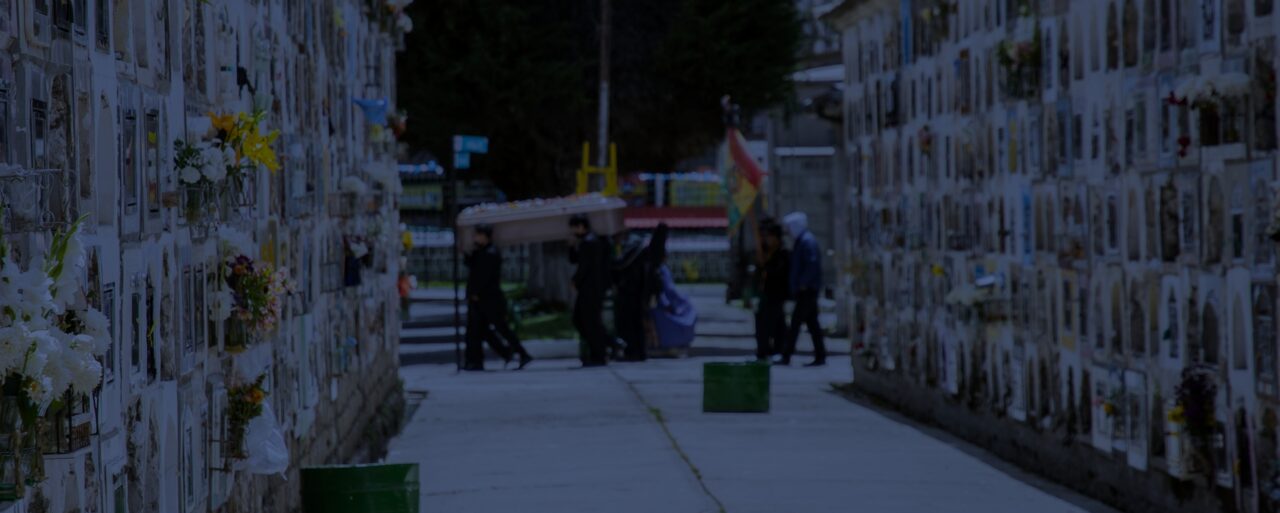Camila was an active, restless child, but her mom always knew how to captivate her attention and keep her calm.
But when Camila was only 14, her mom passed away. “The sun hid when she died,” she remembers.
So she had to move in with her dad and everything started to change.
She was just a teenager adapting to a new life. She was young and confused. And then she met a man who knew he could take advantage of her situation.
Camila thought he was the love of her life.
But instead, he turned out to be the opposite. He became the perpetrator of unimaginable harm.
“I am a victim of attempted femicide,” says Camila. Femicide is murdering a woman specifically because she is a woman.
Camila spent weeks in a coma with horrific life-threatening injuries. She has a distinct memory from that time:
“Everything was dark. I saw my life like a movie. That is when I prayed to God. ‘No, not yet please,’ I kept repeating. ‘Not yet. There is more I need to live for, it is too soon.’ That was all I was asking God.
He gave me a second chance. I woke up.”
Though it took a long time, Camila recovered from her injuries.
But her uphill battle wasn’t over yet.
The perpetrator of her femicide was very influential in her community, and Camila continued to feel in danger and intimidated by his lawyers. Then, she had poor legal counsel that had her case categorized as domestic violence instead of attempted femicide.
“Before, I walked alone,” reflects Camila. “Before, I felt like I was drowning.”
But then, Camila was introduced to IJM.
“A team of IJM lawyers warmly welcomed me, [saying] ‘you can count on us.’ I’m no longer fighting alone. I have complete support. I also know that with IJM on my side, we can achieve a just sentence.”
Camila calls her IJM team her family. She receives regular psychological support, works with her team on her legal case and is even studying to be a lawyer herself.
Even though she still struggles through hard days, she knows it’s all part of her recovery process. It’s part of her journey to justice and healing.
Another part of her journey? Sending this message on to you:
“To the people who make IJM’s work a reality, thank you. You are a support to people like me, people who have suffered violence. You help us a lot.
[Finding IJM] is like finding a new family. Thank you for the legal and psychological support. You have been the light at the end of the tunnel in the chaos I was living in.
I hope you continue doing this because there are many people who still need help. What you do is a noble act.”
